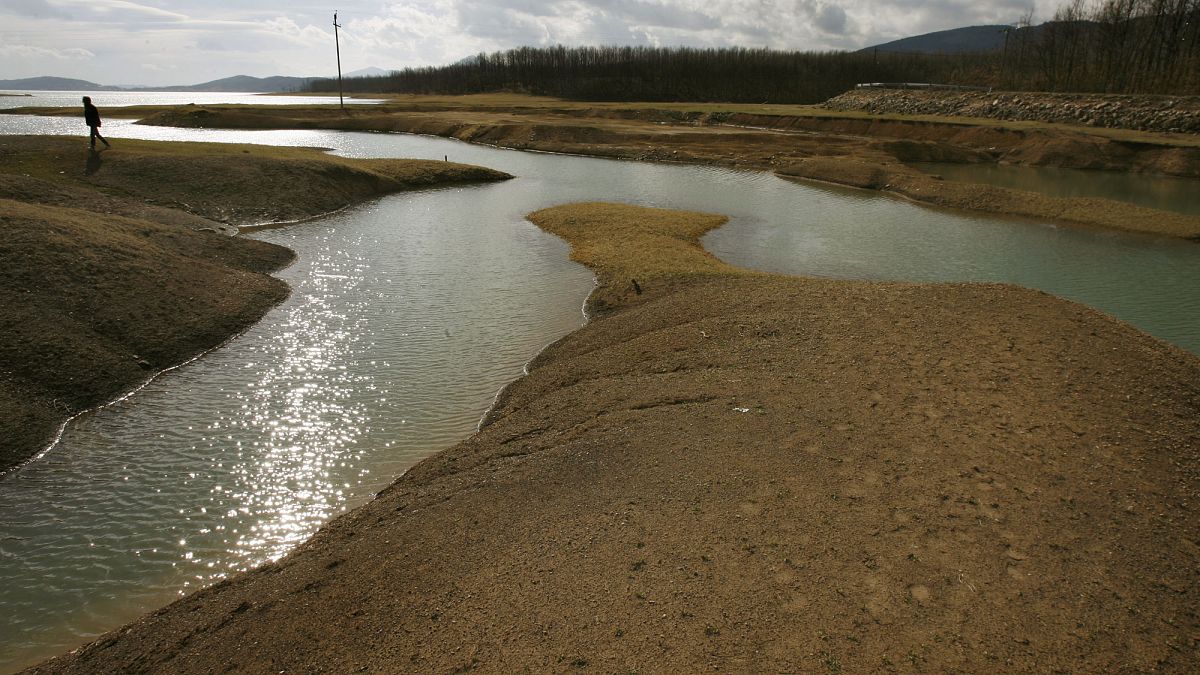

Recent reports and studies highlight a complex interplay of environmental challenges across different regions, emphasizing the imperative for mindful adaptation and resource management. From the strained water supplies of Europe to the dynamic geological activities of Iceland, and the climate-induced adversities faced in North America, each scenario calls for heightened awareness and strategic responses.
In Greece, a pressing concern arises as Athens’ reservoirs hover near historically low levels. Recent research indicates that the capital’s water reserves are facing intense pressure, raising the specter of potential water scarcity. This situation underscores the need for prudent water management practices and policy measures aimed at ensuring sustainable water usage in the face of evolving climate patterns.
This challenge resonates across Europe, as seen with Southern Water’s recent issuance of a hosepipe ban affecting about one million residents in Hampshire and the Isle of Wight. With similar restrictions already affecting millions in other parts of England, such measures are vital to mitigate water shortages. These developments reflect an ongoing narrative of water conservation efforts in the region, necessitating continued vigilance and adaptation.
Meanwhile, Iceland’s Reykjanes Peninsula has experienced its twelfth volcanic eruption in four years, reminding us of our planet’s dynamic geological activity. As a precaution, tourists from the nearby Blue Lagoon geothermal spa resort were safely evacuated. Such events highlight the resilience of communities living in geologically active zones and the importance of disaster preparedness and response strategies.
In North America, the interplay between political actions and environmental responses has come to the fore. Republican lawmakers in the United States have issued complaints regarding the “suffocating” smoke from Canadian wildfires affecting air quality, even as they supported legislation that could exacerbate greenhouse gas emissions. This dichotomy points to a broader discourse on environmental accountability and policy consistency, accentuating the importance of a coordinated response to climate challenges.
Further illustrating the immediate impacts of climate change, New York recently endured one of the most intense rainstorms in its history. More than two inches of rain fell within a single hour, resulting in flooding and water rescues. Such extreme weather events, becoming increasingly common due to climate change, underscore the urgency for robust infrastructure and comprehensive disaster management plans to safeguard communities.
The global narrative woven through these events and reports highlights a recurring theme: the need for strategic environmental stewardship. As regions navigate the complexities of resource management, geological phenomena, and climate impacts, a clear message emerges—the time for mindful action is now. Cooperation among communities, policymakers, and stakeholders is essential to developing resilient systems that prioritize sustainability and adaptability in the face of unpredictable environmental forces.
Source: {link}
